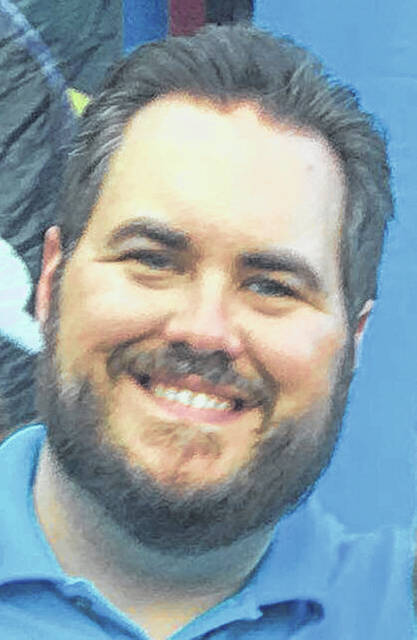
If you are not doing anything wrong then you don’t have anything to worry about. This is a sentiment that is often expressed to me in defense of government or police overreach. I firmly believe that people do not need to be criminally culpable to be charged with a crime. Life is criminalized. A federal judge has famously opined that the average citizen can easily commit three felonies in a typical day without doing anything morally objectionable.
I have written and talked at length on that subject, but today let’s talk about someone who was not guilty of any crime at all.
Around 35 years ago a jewelry merchant in New Orleans was shot and killed. There were no witnesses, no fingerprints, no photos or videos of the killer or the killing. When the police interviewed the friends of the victim, they were pointed in the direction of a man named Glenn Ford. Glenn was unemployed, but he often did odd jobs for the victim. The investigators, quite sensibly, decided to interview Mr. Ford.
Upon being contacted by the police, Glenn should have immediately but respectfully declined to answer questions without an attorney. Instead, Mr. Ford went down to police headquarters in the middle of the night as soon as he found out the police wanted to talk to him. He foolishly thought that since he had nothing to hide, he should voluntarily submit to questioning by the police.
Glenn told the police truthfully that he did not commit the crime, that he was not there at the time of the shooting, and that he had no idea who had committed the crime. He also told the investigators that by an unfortunate coincidence, he had been at the jewelry shop, apparently just a few hours before the shooting, and he had asked the merchant if he had any work for him to do. Ford then told the officers that when the merchant said he had no work to offer, Ford asked if he could borrow some money in advance, but the merchant declined that request as well. Ford then told the police that he left the store, upset that he didn’t get any money, and went around back and relieved himself on the back of the building in retaliation.
There were no other witnesses to that meeting, and no way the police could have learned those details from any other source if Ford had not told them himself. But armed with this information, the police and the prosecutor concluded that Ford had both the motive and the opportunity to commit the crime.
Why did he tell the police such things? It certainly could not have helped him look more innocent or help the police find the real killer. But this is what innocent people sometimes do when they talk to the police — they keep talking for hours, volunteering everything they can possibly think of, even if it could not possibly help anyone except a prosecutor.
When Ford was informed by the police that he was suspected of committing the murder, he quickly informed them of various people he was with the evening of the murder. Unfortunately, he was with those individuals when he was trying to sell a gun because he needed money, and he been unable to procure funds from the merchant. Ford’s alibi witnesses supported Ford’s version of events, as they agreed he was with them around the time of the murder and he was trying to sell a gun that night. There was no evidence that Ford owned or used the gun illegally, or that he desired to sell the handgun in a manner that would violate the law. However, the fact that he was trying to sell a handgun around the time of or shortly after a murder just couldn’t be dismissed by the police as mere coincidence.
Here’s the thing, coincidence does happen. That is why the word exists. In 1898, Morgan Robertson wrote a book about the Titan, a ship deemed unsinkable, but that struck an iceberg, killing many passengers because there were not enough lifeboats. The Titanic didn’t sink on her maiden voyage until 1912.
In this case, Mr. Ford coincidentally had an argument with and urinated on the building of a man who was murdered shortly thereafter. He also tried to sell a gun on that same night. On this evidence, along with the testimony of the girlfriend of a different man suspected of committing the murder, Glenn Ford was convicted of murder, and he was then sentenced to be executed.
The girlfriend immediately recanted her testimony after the trial, but it wasn’t until 30 years later that Mr. Ford was released from death row after evidence came to light of the boyfriend confessing to the murder before he himself died.
The sad thing is, most of the evidence against Mr. Ford was revealed to police by Ford himself. But for volunteering to speak with the police, he probably would not have lost 30 years of his life.
Glenn Ford was released from prison about five years ago. Shortly after his release, Mr. Ford learned he had lung cancer, and he died a few months later at the age of 65.
His family never received the $313,000 settlement they would have been entitled to for a wrongful conviction under Louisiana state law, because a judge found that the statements made by Mr. Ford to police about the argument and gun sale made the arrest and conviction reasonable and consequently fall outside the scope of the wrongful conviction statute.
Once again, the only thing Mr. Ford should have told police when they asked to question him was to decline to answer their questions and that he would like an attorney.
John Judkins is a Greenfield attorney.


